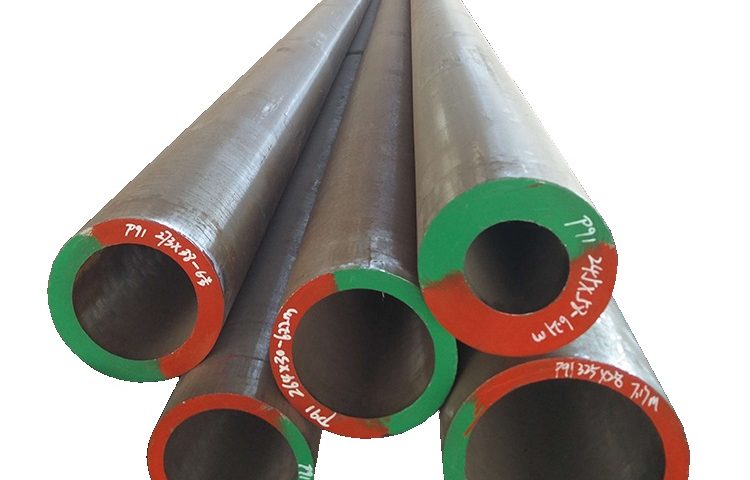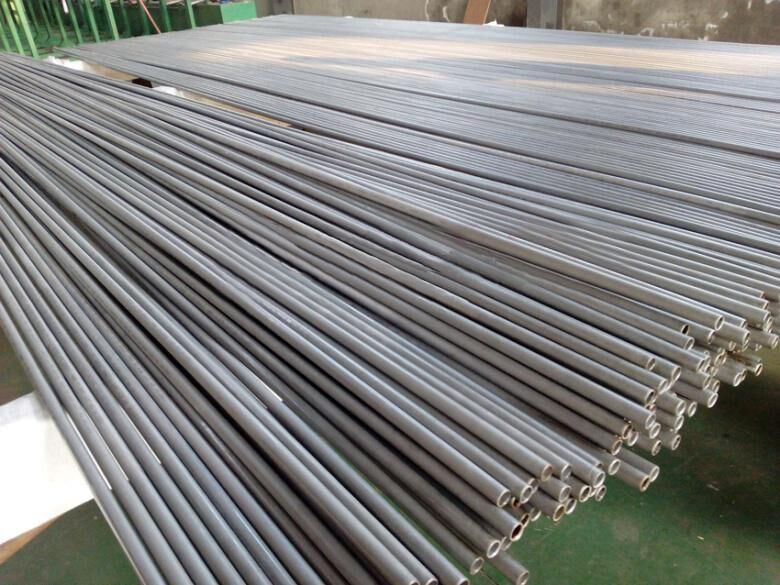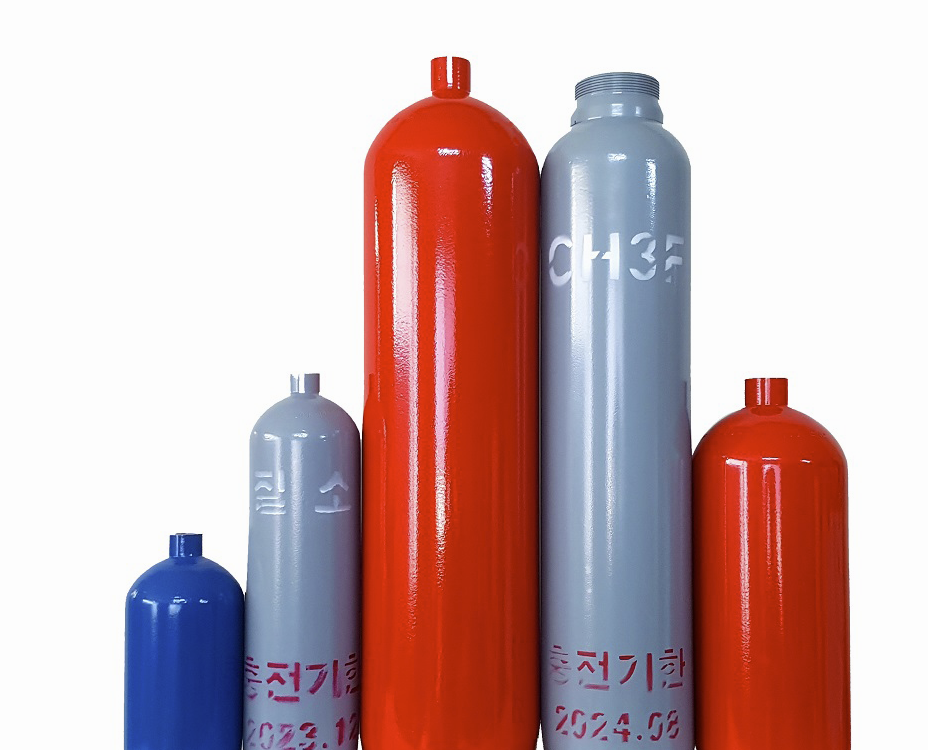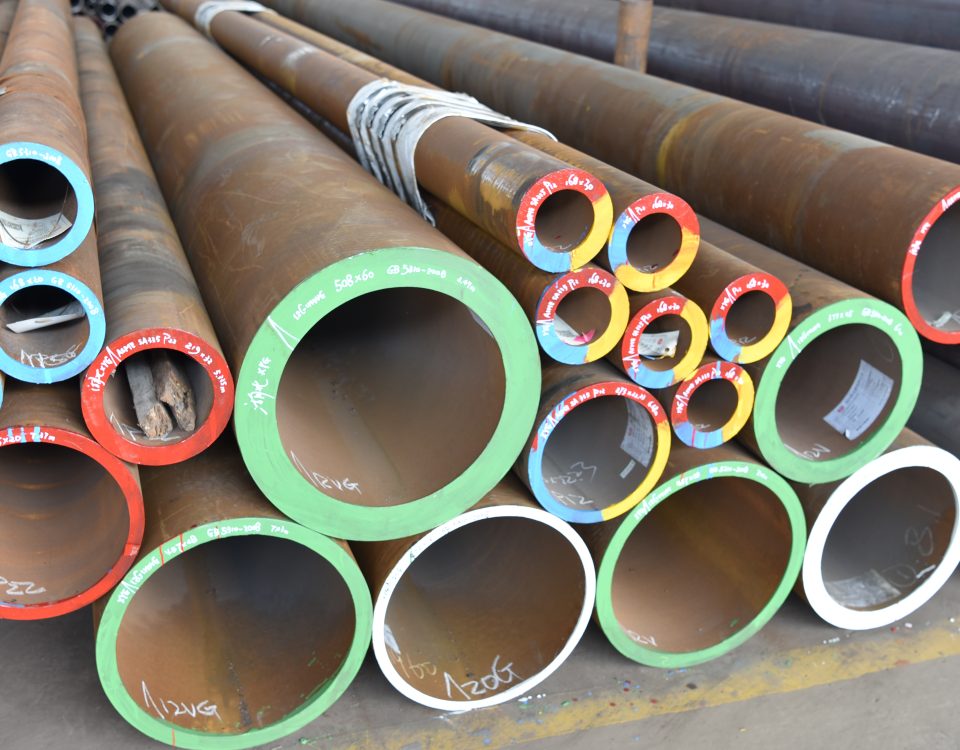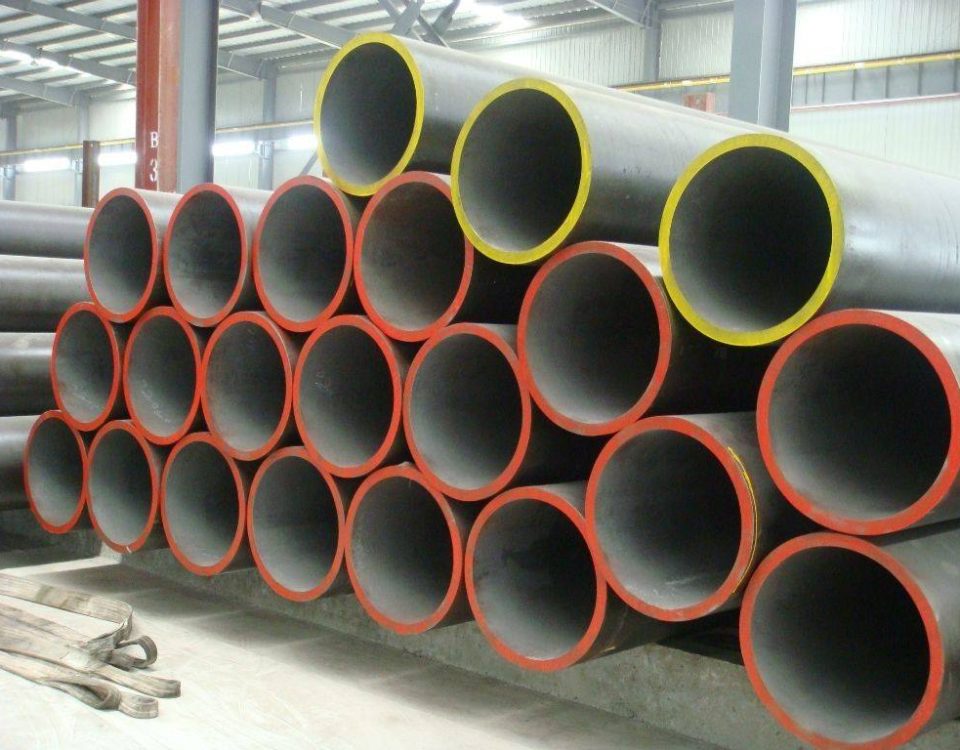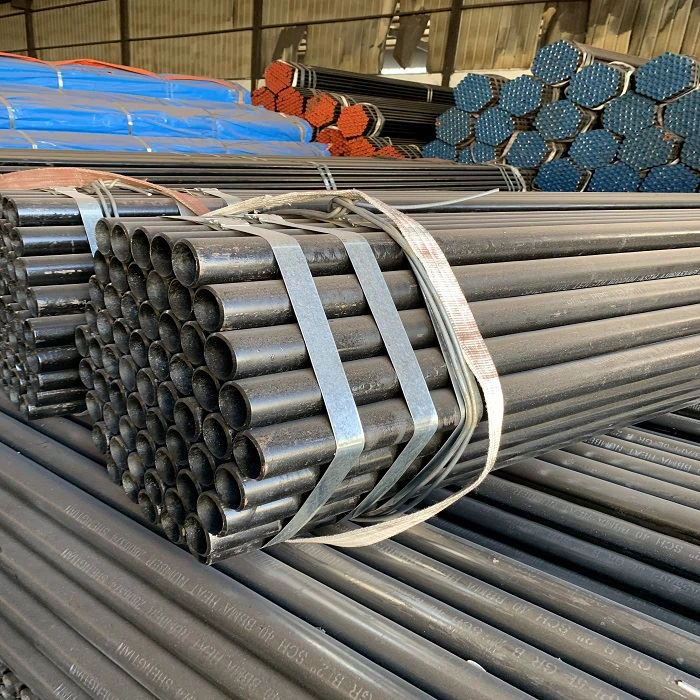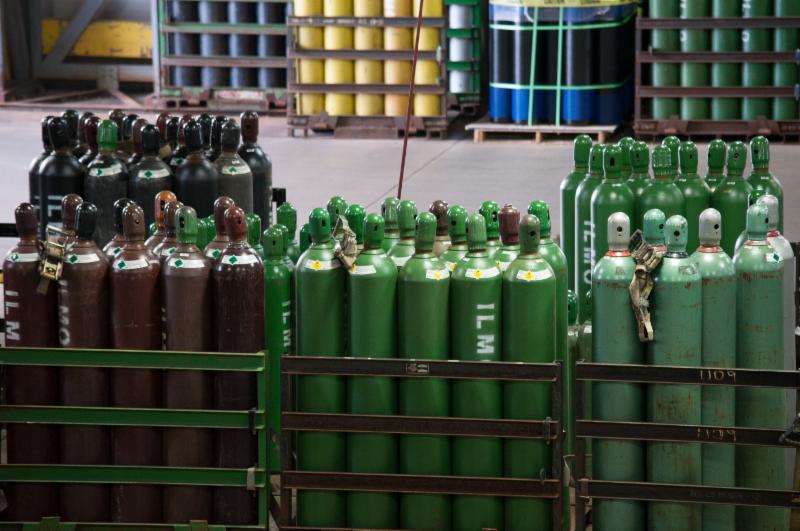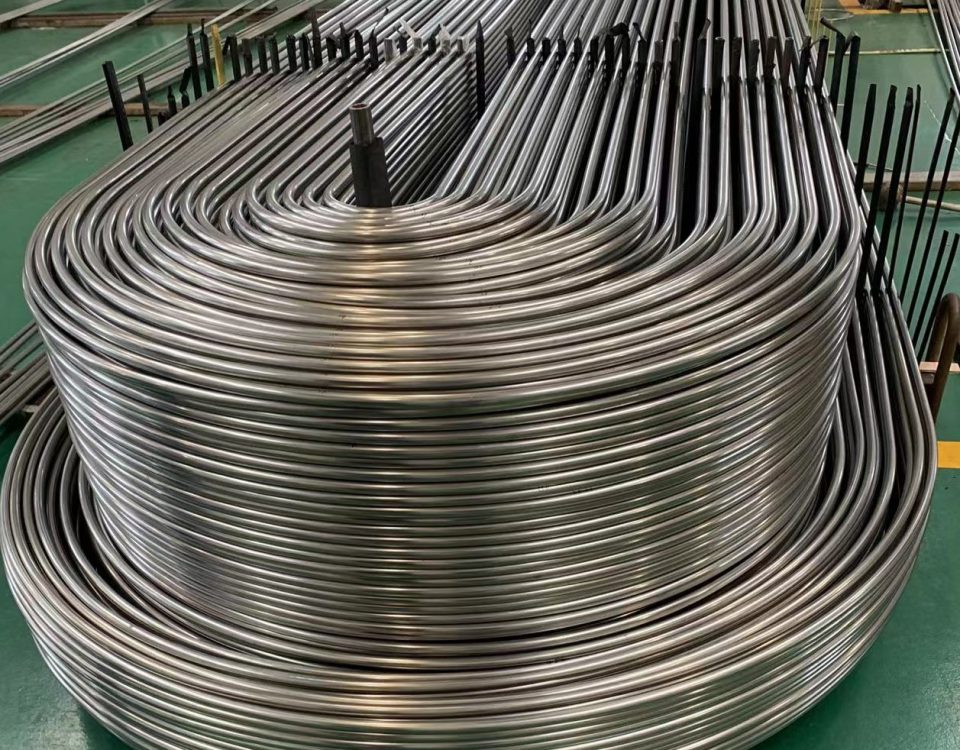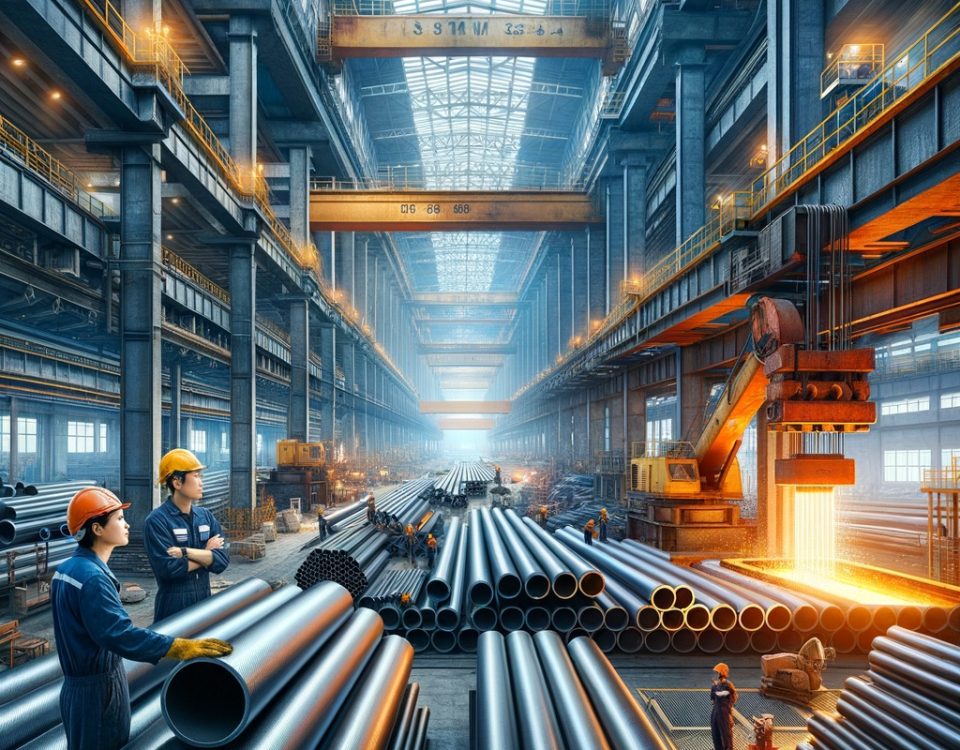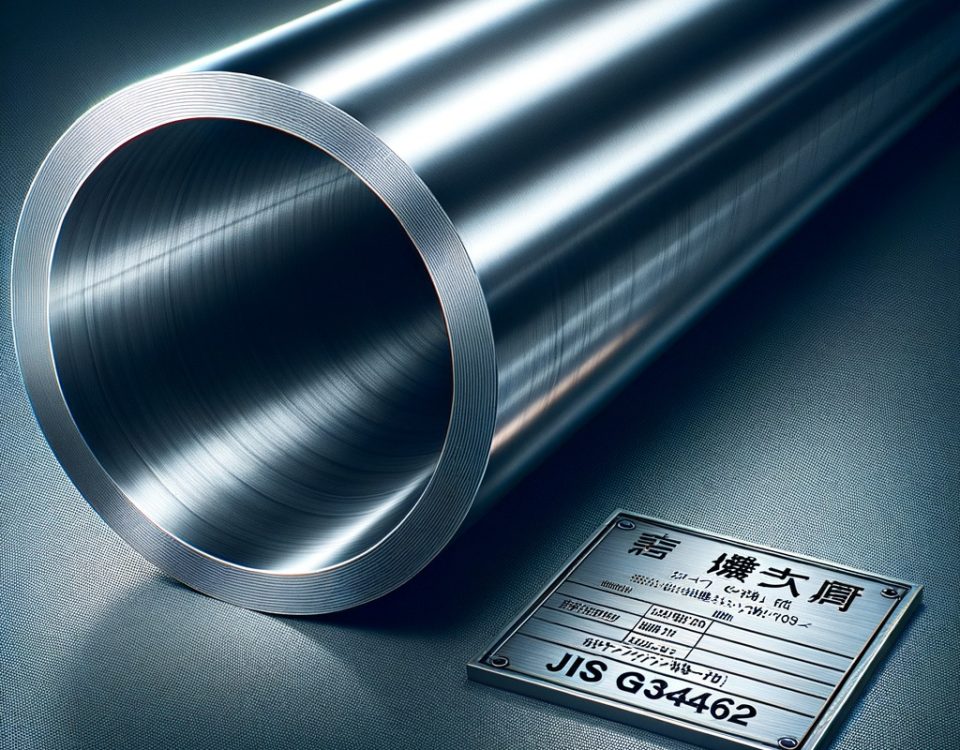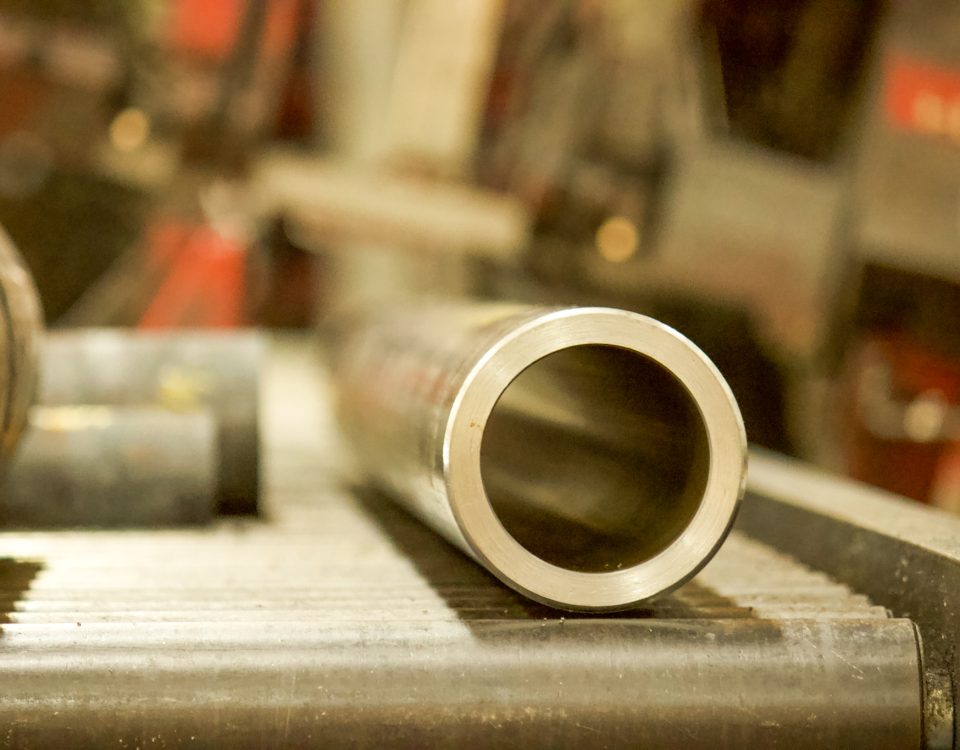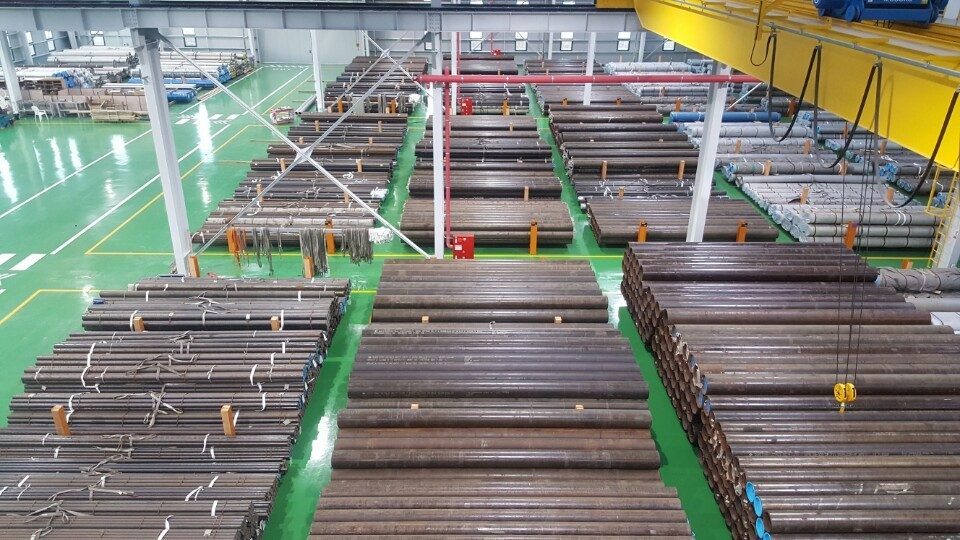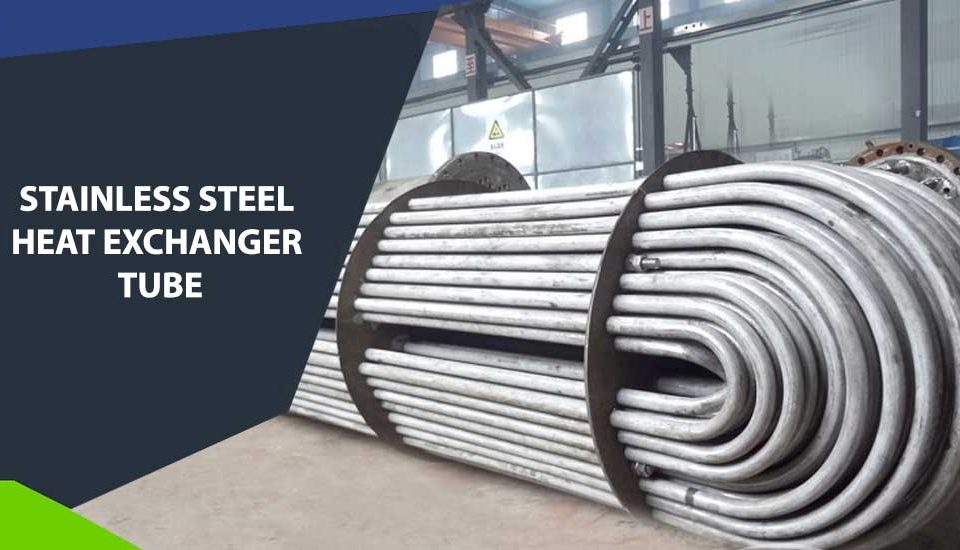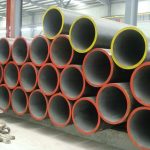
12Cr1MoV Alloy Steel Boiler Pipe
March 9, 2024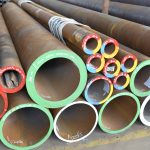
X10 CrMoV nb9-1 Alloy Steel High-Temperature Pipe
March 15, 202413CrMo4 Alloy Steel Pipe: The Ultimate Choice for High-Temperature Applications
Introduction
When it comes to high-temperature applications, the 13CrMo4 alloy steel pipe, also known as chrome moly steel, stands out as the ultimate choice. With its exceptional properties and composition, this alloy steel pipe offers superior strength, excellent heat resistance, and enhanced corrosion resistance. In this comprehensive guide, we will delve into the characteristics, applications, advantages, and considerations of 13CrMo4 alloy steel pipe. By understanding its features, you can confidently select this pipe for your high-temperature needs.
Understanding 13CrMo4 Alloy Steel Pipe
Composition and Properties
The 13CrMo4 alloy steel pipe is made from a specific grade of alloy steel known for its high chromium and molybdenum content. The chemical composition of 13CrMo4 alloy steel includes the following elements:
- Carbon: 0.10-0.17%
- Silicon: 0.40% max
- Manganese: 0.40-0.70%
- Phosphorus: 0.025% max
- Sulfur: 0.020% max
- Chromium: 0.70-1.15%
- Molybdenum: 0.40-0.60%
These elements contribute to the unique properties of 13CrMo4 alloy steel pipe. It exhibits high tensile strength, excellent creep resistance, good weldability, and exceptional resistance to high-temperature oxidation and corrosion.
Mechanical Properties
The mechanical properties of 13CrMo4 alloy steel pipe are as follows:
- Yield Strength: 300-450 MPa
- Tensile Strength: 450-600 MPa
- Elongation: 22-30%
These mechanical properties ensure the pipe’s ability to withstand high temperatures and pressures in various applications.
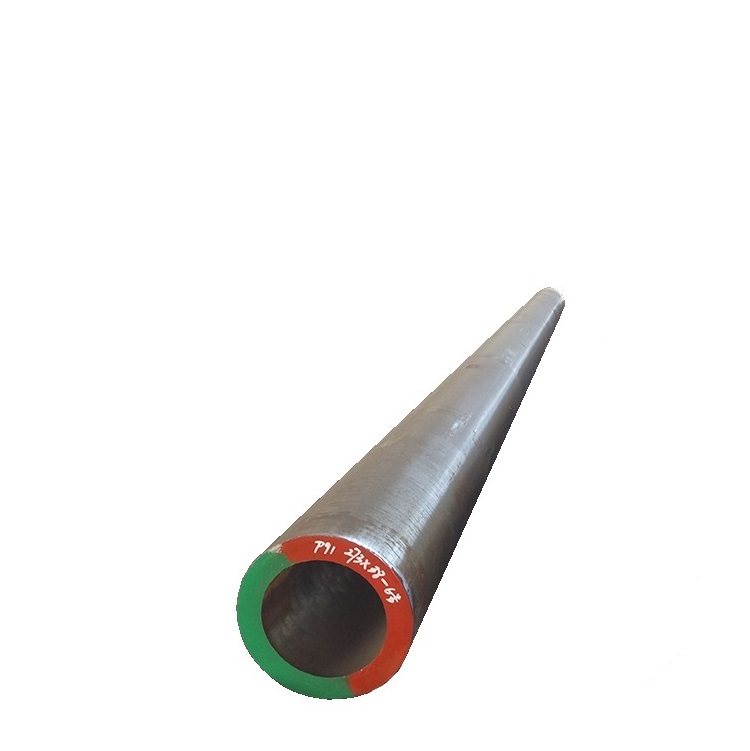
Applications of 13CrMo4 Alloy Steel Pipe
Due to its exceptional properties, 13CrMo4 alloy steel pipe finds applications in a wide range of industries, particularly in high-temperature environments. Some of the common applications include:
- Power Generation: 13CrMo4 alloy steel pipe is extensively used in power plants for boiler tubes, superheater tubes, and heat exchanger tubes. Its high-temperature resistance and corrosion resistance make it suitable for the demanding conditions of power generation.
- Petrochemical Industry: In the petrochemical industry, 13CrMo4 alloy steel pipe is employed for transporting high-temperature fluids and gases. It is commonly used in refineries, chemical plants, and oil and gas processing facilities.
- High-Temperature Furnaces: 13CrMo4 alloy steel pipe is also utilized in high-temperature furnaces for applications such as heat treatment processes, annealing, and forging. Its ability to withstand extreme temperatures makes it an ideal choice for these industrial settings.
- Automotive Industry: In the automotive industry, 13CrMo4 alloy steel pipe is used for manufacturing exhaust systems and other components that are exposed to high temperatures. Its heat resistance and corrosion resistance ensure the longevity and performance of these automotive parts.
Advantages of 13CrMo4 Alloy Steel Pipe
The use of 13CrMo4 alloy steel pipe offers several advantages, making it a preferred choice for high-temperature applications. These advantages include:
- High Temperature Resistance: 13CrMo4 alloy steel pipe exhibits excellent resistance to high temperatures, making it suitable for applications where other materials may fail. It can withstand temperatures up to 600°C without significant deformation or loss of strength.
- Superior Strength: The high chromium and molybdenum content in 13CrMo4 alloy steel pipe contribute to its superior strength. This allows it to withstand high pressures and mechanical stress, ensuring the integrity of the pipe in demanding environments.
- Excellent Corrosion Resistance: 13CrMo4 alloy steel pipe offers exceptional corrosion resistance, particularly against oxidation and high-temperature corrosion. This makes it highly durable and reliable in corrosive environments.
- Good Weldability: 13CrMo4 alloy steel pipe exhibits good weldability, allowing for easy installation and maintenance. It can be welded using common welding techniques, ensuring a secure and reliable connection.
Considerations for 13CrMo4 Alloy Steel Pipe
While 13CrMo4 alloy steel pipe offers numerous advantages, there are a few considerations to keep in mind when using it in high-temperature applications:
- Temperature Limitations: Although 13CrMo4 alloy steel pipe can withstand high temperatures, it is important to ensure that the operating temperature of your system does not exceed the maximum temperature limit recommended for this alloy steel.
- Corrosive Environments: While 13CrMo4 alloy steel pipe has excellent corrosion resistance, it is still important to consider the specific corrosive environment in which it will be used. Certain corrosive substances or conditions may require additional protective measures or the use of alternative materials.
- Proper Installation and Maintenance: To ensure the optimal performance and longevity of 13CrMo4 alloy steel pipe, it is crucial to follow proper installation and maintenance practices. This includes using the correct welding techniques, inspecting for any signs of damage or corrosion, and addressing any issues promptly.
Frequently Asked Questions (FAQ)
Q1: What is the maximum temperature that 13CrMo4 alloy steel pipe can withstand?
A1: 13CrMo4 alloy steel pipe can withstand temperatures up to 600°C without significant deformation or loss of strength.
Q2: Is 13CrMo4 alloy steel pipe suitable for corrosive environments?
A2: Yes, 13CrMo4 alloy steel pipe offers excellent corrosion resistance, particularly against oxidation and high-temperature corrosion. However, it is important to consider the specific corrosive environment and take necessary precautions.
Q3: Can 13CrMo4 alloy steel pipe be welded?
A3: Yes, 13CrMo4 alloy steel pipe exhibits good weldability and can be welded using common welding techniques.
Q4: What are the common applications of 13CrMo4 alloy steel pipe?
A4: 13CrMo4 alloy steel pipe finds applications in power generation, petrochemical industry, high-temperature furnaces, and the automotive industry.
Q5: Are there any limitations when using 13CrMo4 alloy steel pipe?
A5: It is important to consider the temperature limitations and the specific corrosive environment when using 13CrMo4 alloy steel pipe. Proper installation and maintenance practices should also be followed.
Conclusion
In conclusion, the 13CrMo4 alloy steel pipe, also known as chrome moly steel, is the ultimate choice for high-temperature applications. With its exceptional properties, including high temperature resistance, superior strength, excellent corrosion resistance, and good weldability, this alloy steel pipe offers unmatched performance in demanding environments. Whether it is for power generation, petrochemical industry, high-temperature furnaces, or automotive applications, 13CrMo4 alloy steel pipe provides the reliability and durability required. By understanding its composition, properties, applications, advantages, and considerations, you can confidently select 13CrMo4 alloy steel pipe for your high-temperature needs.
Keywords: 13CrMo4 alloy steel pipe, chrome moly steel, high-temperature applications, composition, properties, mechanical properties, applications, advantages, considerations, temperature limitations, corrosive environments, installation, maintenance

